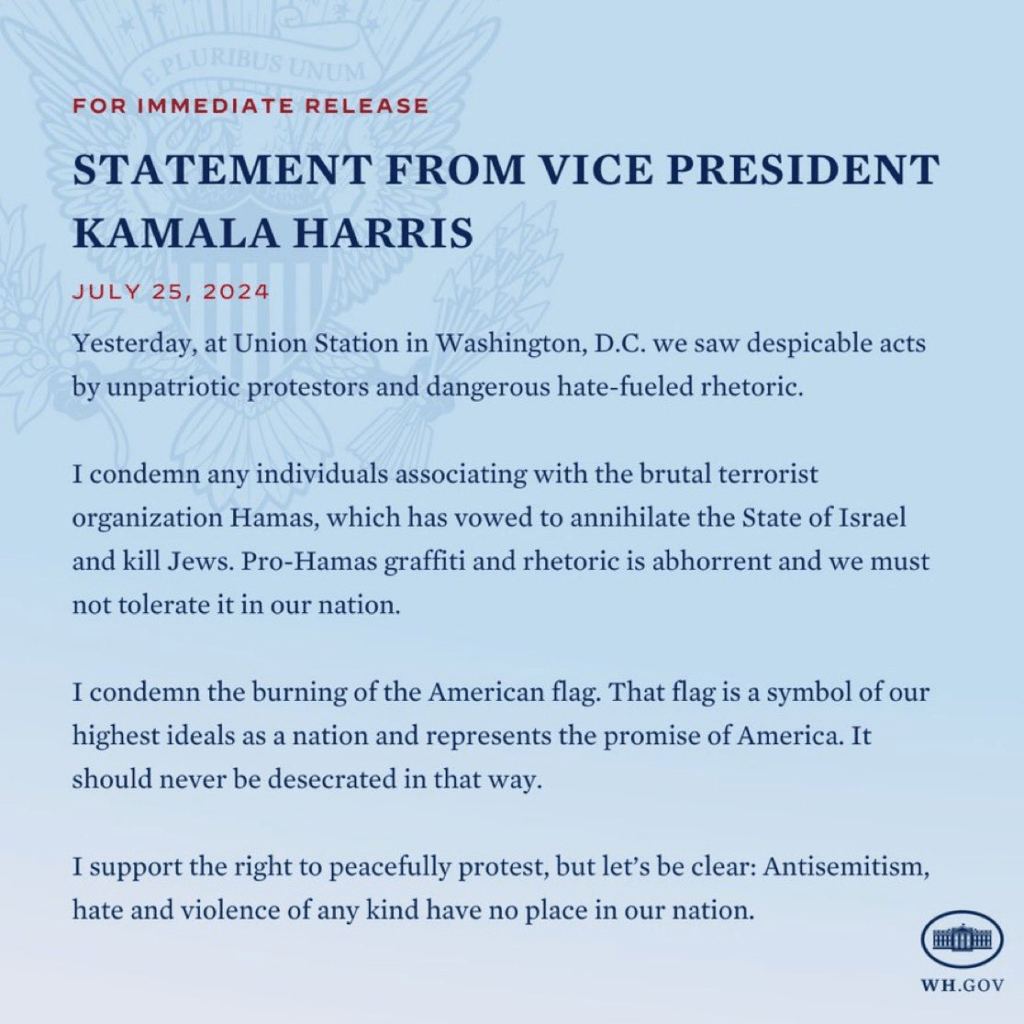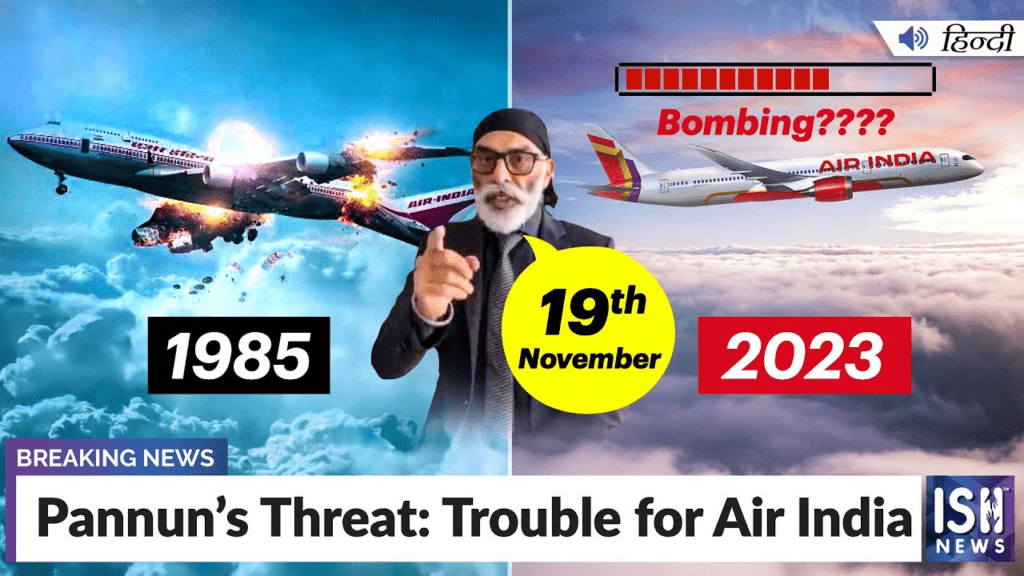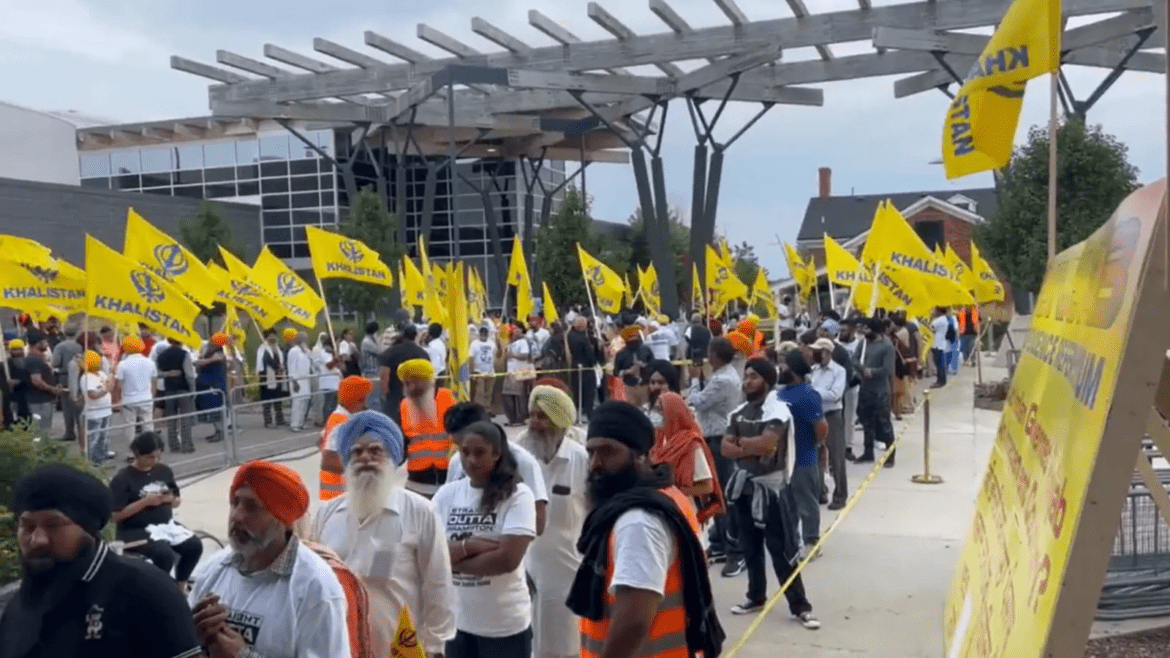AI Generated Summary
- A case in point is the recent threat against Canadian MP of Indian origin, Chara Arya, by Gurpatwant Singh Pannun, a prominent Khalistan separatist leader.
- Canada’s stance on the Khalistan Referendum amidst direct threats against public figures and national leaders poses a serious question about the West’s commitment to combating all forms of extremism.
- It is imperative to question why acts of terror and threats from Khalistan extremists are not met with the same level of denunciation.
In recent events, the West’s selective outrage over acts of extremism has become glaringly evident. Just days after D.C. protests coinciding with Israel’s Prime Minister’s address to Congress, Union Station was defaced with graffiti, and American flags were burned. The swift condemnation was palpable. Senate Majority Leader Chuck Schumer called the vandalism “vile, offensive, wrong,” encapsulating the collective denunciation of what was promptly labeled as terrorist activity.

However, this rapid categorization starkly contrasts with the West’s approach to the Khalistan extremist movement. Despite open threats to blow up Air India flights, and assassinate Indian Prime Minister Narendra Modi, and Indian High Commissioners, Western nations like Canada exhibit a perplexing leniency.

A case in point is the recent threat against Canadian MP of Indian origin, Chara Arya, by Gurpatwant Singh Pannun, a prominent Khalistan separatist leader. The severity of such threats cannot be overstated, yet Canadian Prime Minister Justin Trudeau’s administration has allowed the hosting of a Khalistan Referendum in Calgary. This decision not only undermines the gravity of the threats but also emboldens those who openly incite violence.
The inconsistency in addressing extremism based on geopolitical and cultural contexts raises significant concerns. The swift labeling of Hamas graffiti as terrorist activity, while Khalistan extremists receive tacit encouragement, reveals a troubling double standard. The Western narrative seems quick to condemn certain acts of extremism while turning a blind eye to others, depending on the political convenience.
It is imperative to question why acts of terror and threats from Khalistan extremists are not met with the same level of denunciation. The selective outrage undermines the universal fight against terrorism and sends mixed signals about what constitutes acceptable behavior.
Canada’s stance on the Khalistan Referendum amidst direct threats against public figures and national leaders poses a serious question about the West’s commitment to combating all forms of extremism. This inconsistency not only jeopardizes international relations but also emboldens those who thrive on spreading fear and violence.
The West must address this double standard. Extremism, in any form, should be met with unequivocal condemnation. Only through consistent and impartial responses can the international community hope to effectively combat the pervasive threat of terrorism.
The opinions expressed in this article are those of the author. They do not purport to reflect the opinions or views of Khalsa Vox or its members.




